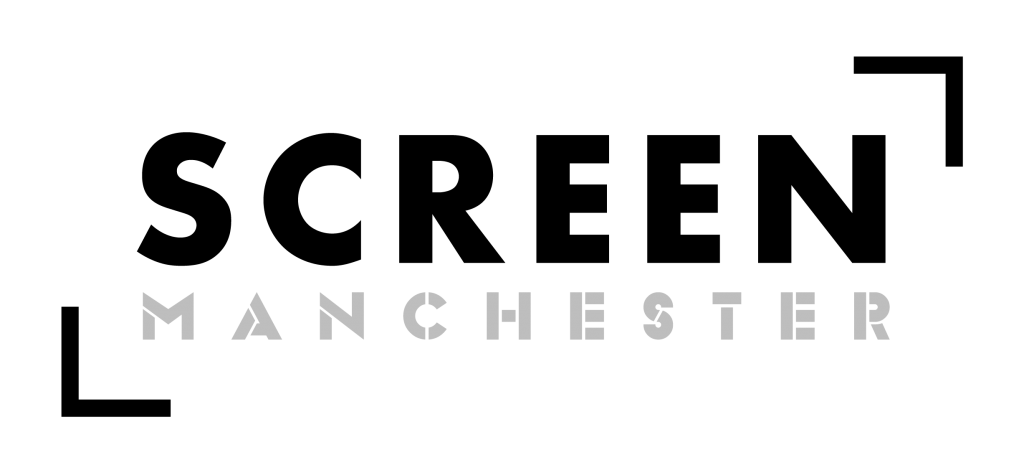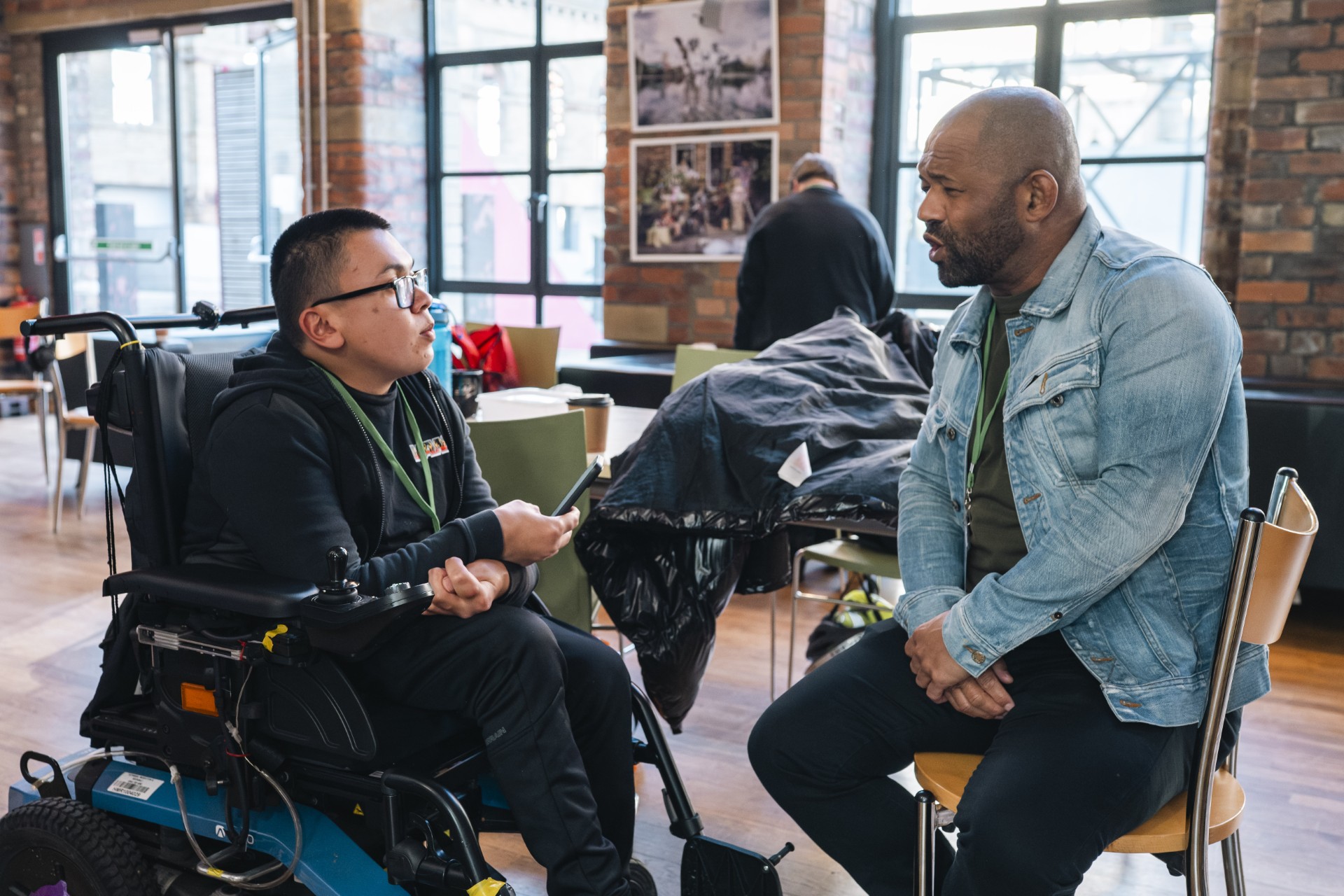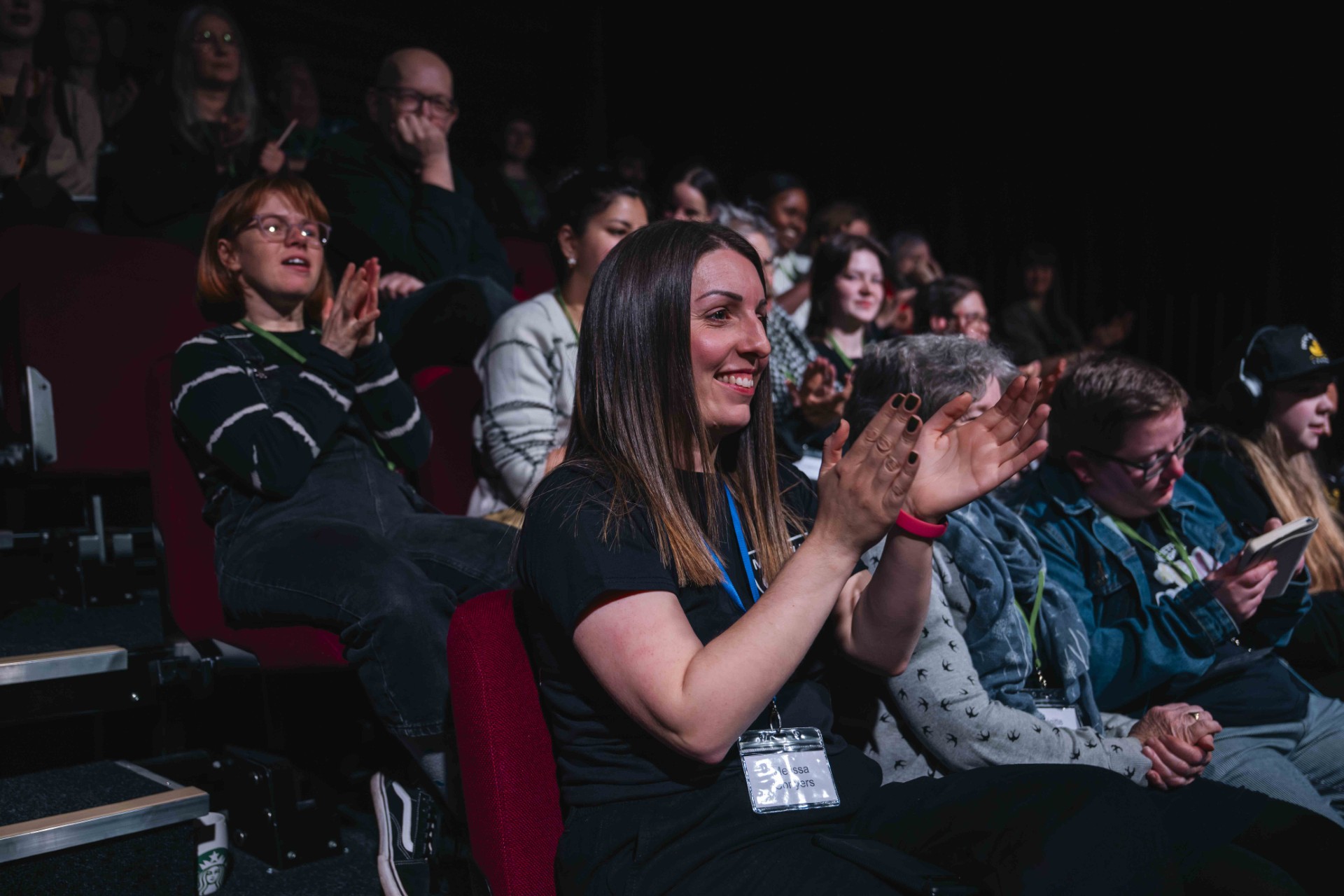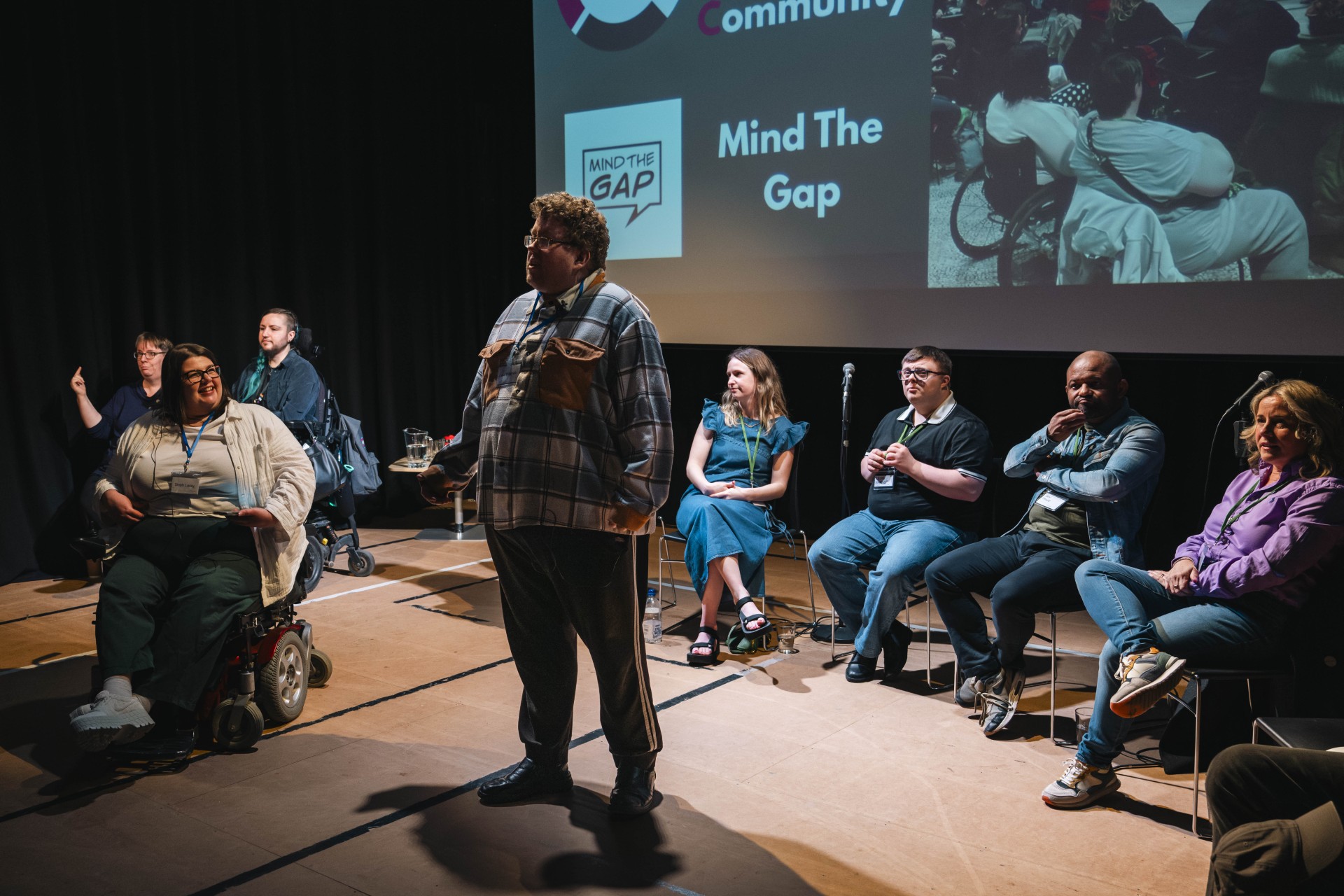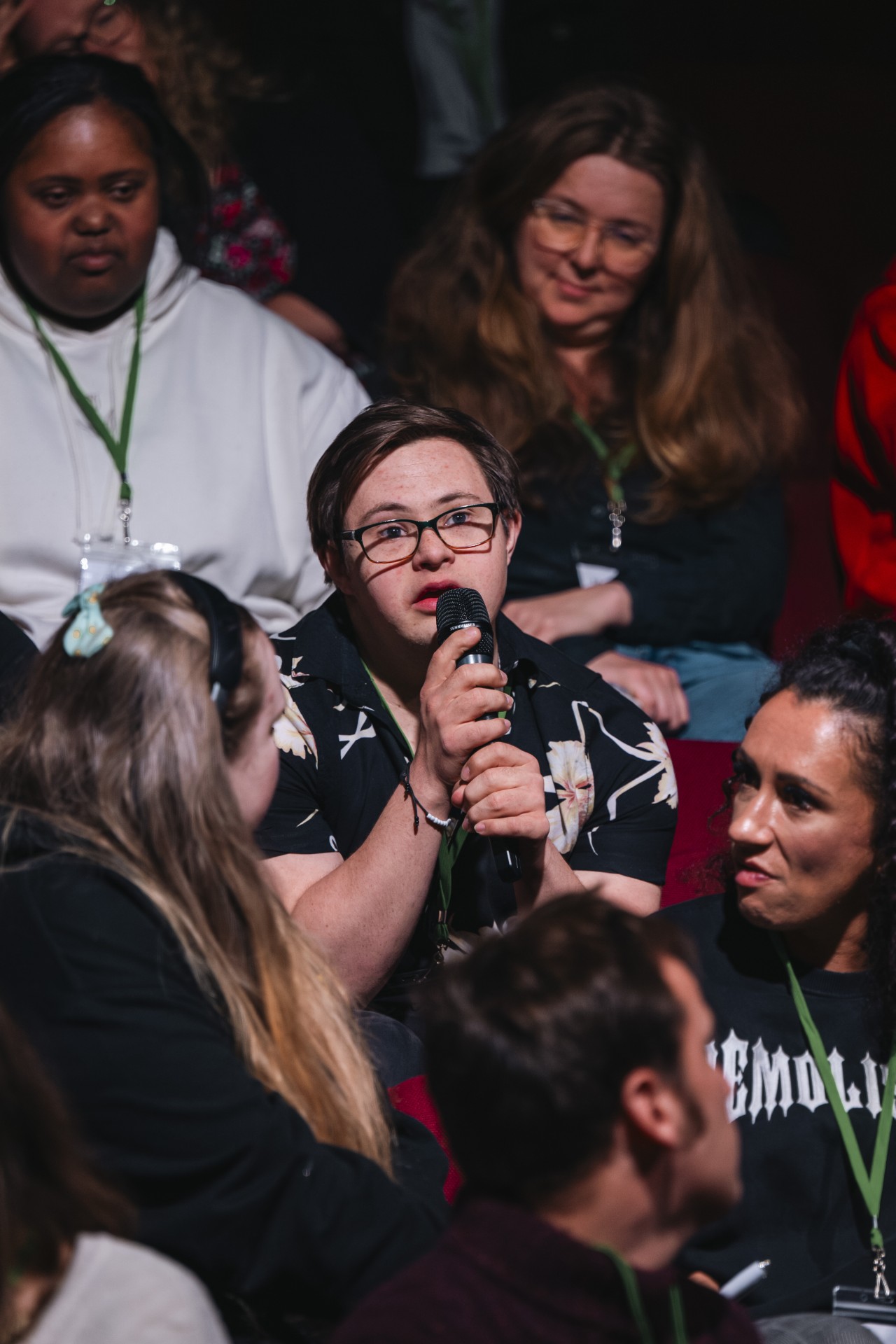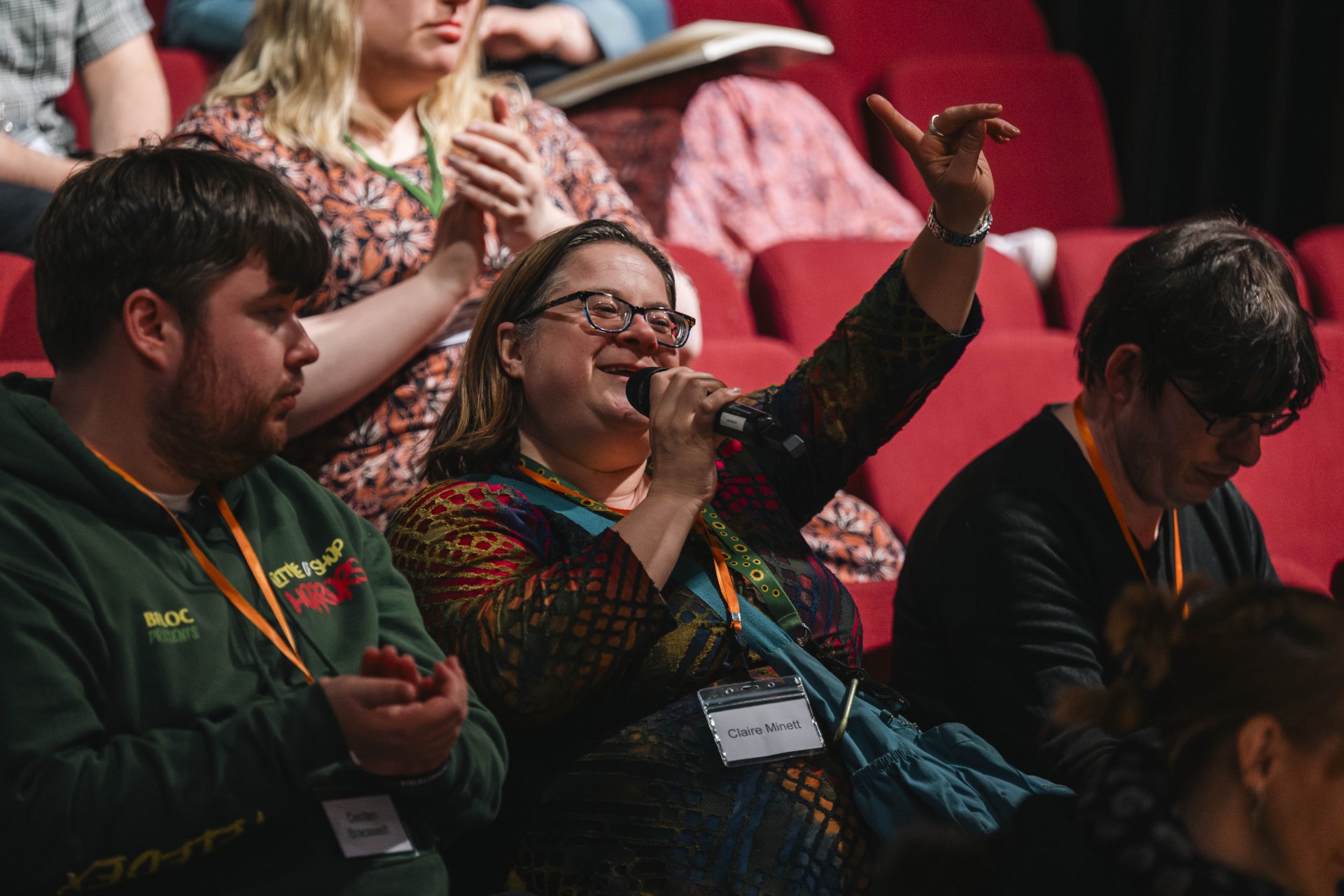In our final post rounding off Screen Manchester’s focus on great people and organisations doing great work in the quest to make workplaces more compassionate and inclusive we focus today on the work of our friends and collaborators at Triple C.
This Mental Health Awareness Week, TripleC is shining a light on the work of their Mental Health Focus Group—established three years ago to explore the barriers faced by deaf, disabled and/or neurodivergent people living with mental health conditions in the arts and screen industries.
The group was formed with a clear mission; to develop a more nuanced understanding of mental health and tackle the unhelpful stereotypes that have long shaped the conversation. Too often, discussions about mental health are dominated by narrow definitions, typically centred around depression and anxiety. While these are valid and important conditions, this limited lens can obscure the wider spectrum of mental health experiences and reinforce stigma.
TripleC’s Mental Health Focus Group set out to change that. By advocating for a broader, more inclusive understanding of mental health, the group aims to challenge assumptions, promote open dialogue, and support the creation of workplaces where people feel safe, seen, and empowered to do their best work.
Over the past year, the group has developed a set of practical mental health guidelines to support employers and organisations in fostering more inclusive environments. The guidelines provide actionable steps—not just theory—on how to approach mental health in the workplace. From everyday practices to long-term strategies, they include practical solutions, signpost to specialist support services, and provide a framework to help organisations build a culture of care and awareness.
At their core, the guidelines seek to turn negative associations with mental health into opportunities for improvement—both culturally and practically. Because investing in mental health isn’t just ethically right; it’s also good business. Healthier workplaces mean lower turnover, higher job satisfaction, and improved productivity.
This message is underscored by alarming findings from The Looking Glass Survey (2022), conducted by the Film and TV Charity. The survey revealed that 87% of workers in the screen industry experienced poor mental health, with 65% citing work-related stress as a contributing factor. More than half of respondents had considered leaving the industry due to mental health struggles.
These findings echo previous reports; a Creative Skillset study found that nearly 1 in 3 people working in the UK screen sector had experienced a mental health condition, and 45% felt unable to discuss it with their employer due to fear of stigma. BECTU, the union for screen professionals, reported that 1 in 4 industry workers had considered leaving their jobs due to a lack of mental health support.
Talented individuals are being lost to an industry that should be nurturing their creativity—not compromising their well-being.
At the heart of TripleC’s work is the belief that real change is possible—but only if we act together. “Our guidelines are a starting point, not a solution in itself. They’re a call to employers, creatives, and organisations across the screen and arts sectors to join us in building an industry culture that values mental health as integral to success.”
When mental health is prioritised, individuals thrive, and so does the work they create. This Mental Health Awareness Week, let’s move beyond the stereotypes and commit to meaningful change. Let’s create an industry where everyone has the opportunity not just to survive, but to flourish.
